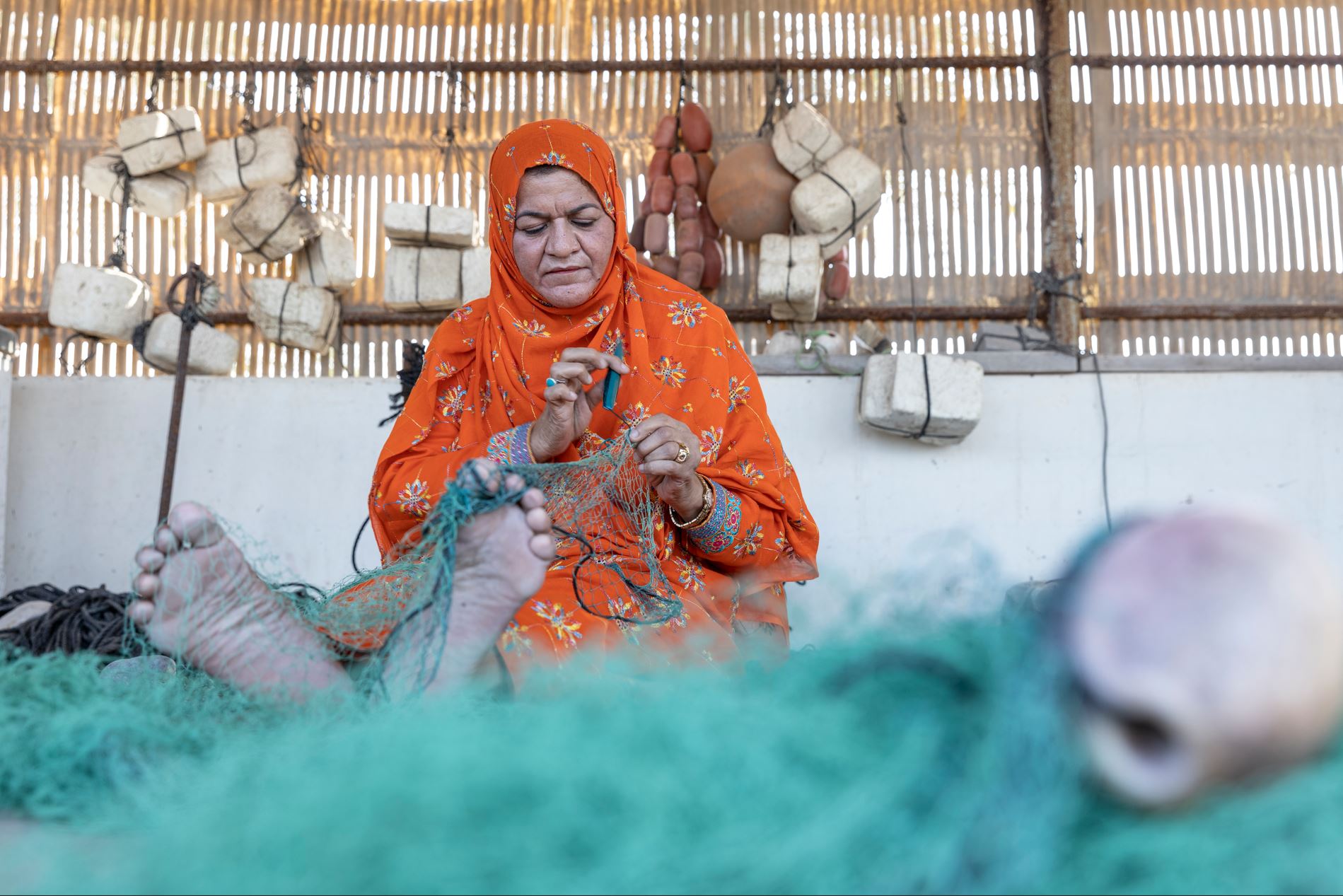The Technical Cooperation Programme (TCP) was created to enable FAO to make its know-how and technical expertise available to member countries upon request. TCP projects are subject to approval criteria that ensure relevance and sustainability of the assistance provided, while catalyzing results towards the achievement of the Sustainable Development Goals.
TCP Results since 2018
An updated monthly record of individual results from TCP Projects. For information on how the results are collected see TCP Results & Indicators
In focus
Live
.png?sfvrsn=9bdf0603_11)
TCP Evaluation 2020 - Five Years Later
FAO welcomed the independent Evaluation of the Technical Cooperation Programme (TCP) which presented its report to Governing Bodies in late 2020.

Results and Indicators
About 700 to 800 TCP projects are approved every biennium and more than 1 000 TCPs can be operational at the same time. The challenge to systematically monitor and document how the TCP delivers for Member Countries has been taken up since 2018.

TCP and SIDS
Small Island Developing States (SIDS) are a group of low-lying island nations that are home to approximately 65 million people. Climate change, natural disasters and the distance from global markets make these nations particularly vulnerable.

TCP as a Catalyst
By design, TCP projects are meant to complement ongoing programmes/activities. Given its scope, standalone use would unlikely be sustainable or effective. Emphasis is on complementing ongoing high priority...
_b6b2f08c-4913-4a45-9fde-90286808f752.png?sfvrsn=98a03e14_18)
TCP and Strategic Alignment
TCP funded interventions are the most frequent project type in FAO. Around 40 percent of all projects approved in a year are TCP funded, and in many countries, TCP constitutes a major part of the field programme.
_99d52c69-1de0-4a96-9839-0a5fe1ef214a.jpg?sfvrsn=e1f1306c_11)
TCP and Emergencies
Emergency TCP projects support both anticipatory action and immediate responses to disasters and early rehabilitation measures through the timely delivery of essential agricultural inputs...(more)
Multi-Media
Examples of completed projects

Développement des capacités pour une gestion durable des ressources en sols dans la région Proche-Orient et Afrique du Nord afin d’atteindre les objectifs de développement durable (ODD)
01/2024
La dégradation des sols, notamment des terres agricoles et pastorales, fait peser une sérieuse menace sur la région du Proche-Orient et de l’Afrique du Nord, en particulier dans le domaine de la production alimentaire.

Identificación y fomento de inversiones para la recuperación económica post Covid-19 y transformación agrícola en territorios Hand in Hand
01/2024
A causa de la pandemia del COVID-19, a partir de 2020 Ecuador se enfrentó a una importante crisis económica. Según cifras del Banco Central del Ecuador, para el segundo trimestre del 2020, el PIB mostró un decrecimiento del 12,4 % respecto al mismo período en el 2019.

Promoción del comercio para productos con identidad de marca y origen
01/2024
Bolivia reconoce a 36 pueblos y naciones indígenas originarias que ostentan sistemas tradicionales de producción de alimentos, característicos por el desarrollo de prácticas de uso no consuntivo como la recolección de productos del bosque, la realización de actividades agroecológicas, pecuarias y pesca, entre otros.

Emergency Response to Mitigate the Impact of One-Health Related Threats on the Most Vulnerable Persons in Rural Areas in China
11/2023
As a result of the COVID-19 outbreak, inflation in China increased, particularly in the food sector, impacting significantly upon the cost of living for vulnerable households.

Technical Support for Institutional and Capacity Enhancement on Gender-Sensitive Fisheries Management and Conservation
06/2022
Fisheries are critically important for Cambodia. With about 32 percent of the country consisting of either permanent or seasonal wetlands, and 435 km of coastline along estuaries, bays and islands, fisheries make a large contribution to diet and livelihoods
Working for the


Related links
- TCP Evaluation 2020
- Partnerships
- Resource Mobilization
- South-South Cooperation
- FAO in Emergencies
- TCP Report 2019
Contact

.jpg?sfvrsn=de30d225_6)

-(1)_b6d313c6-89b1-4c5b-b304-ec497c1f2bd4.jpg?sfvrsn=cc7ff30e_12)
-jpg.jpg?sfvrsn=6939a081_6)



-(1)_4a09473d-3622-4201-b14e-c0af2d06289c.jpg?sfvrsn=4930ee18_13)


